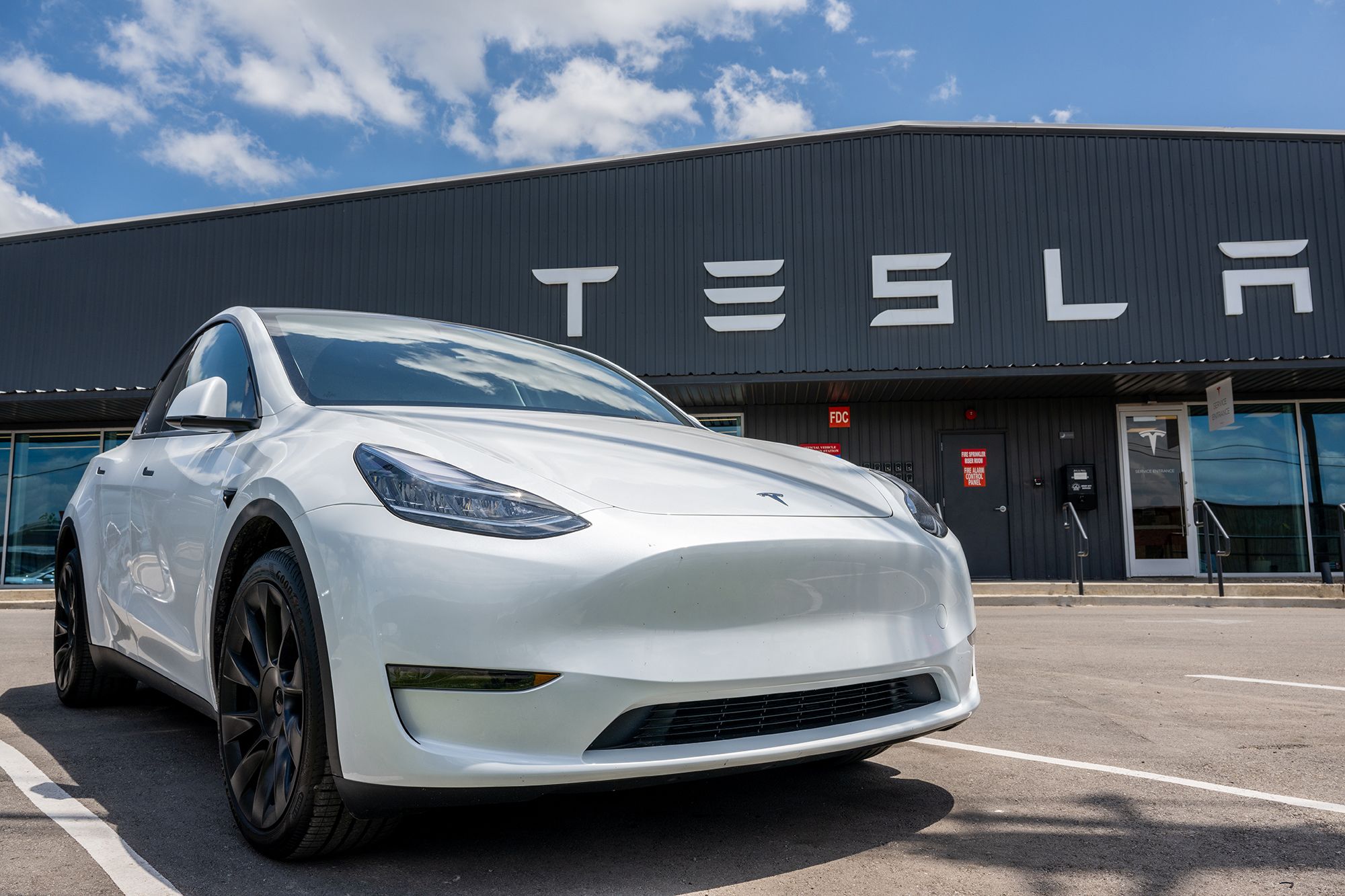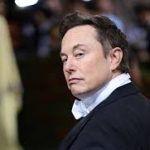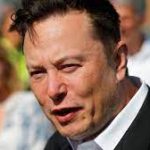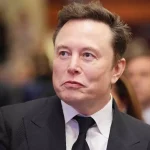Elon Musk: ‘Tesla cars will soon be in every country’
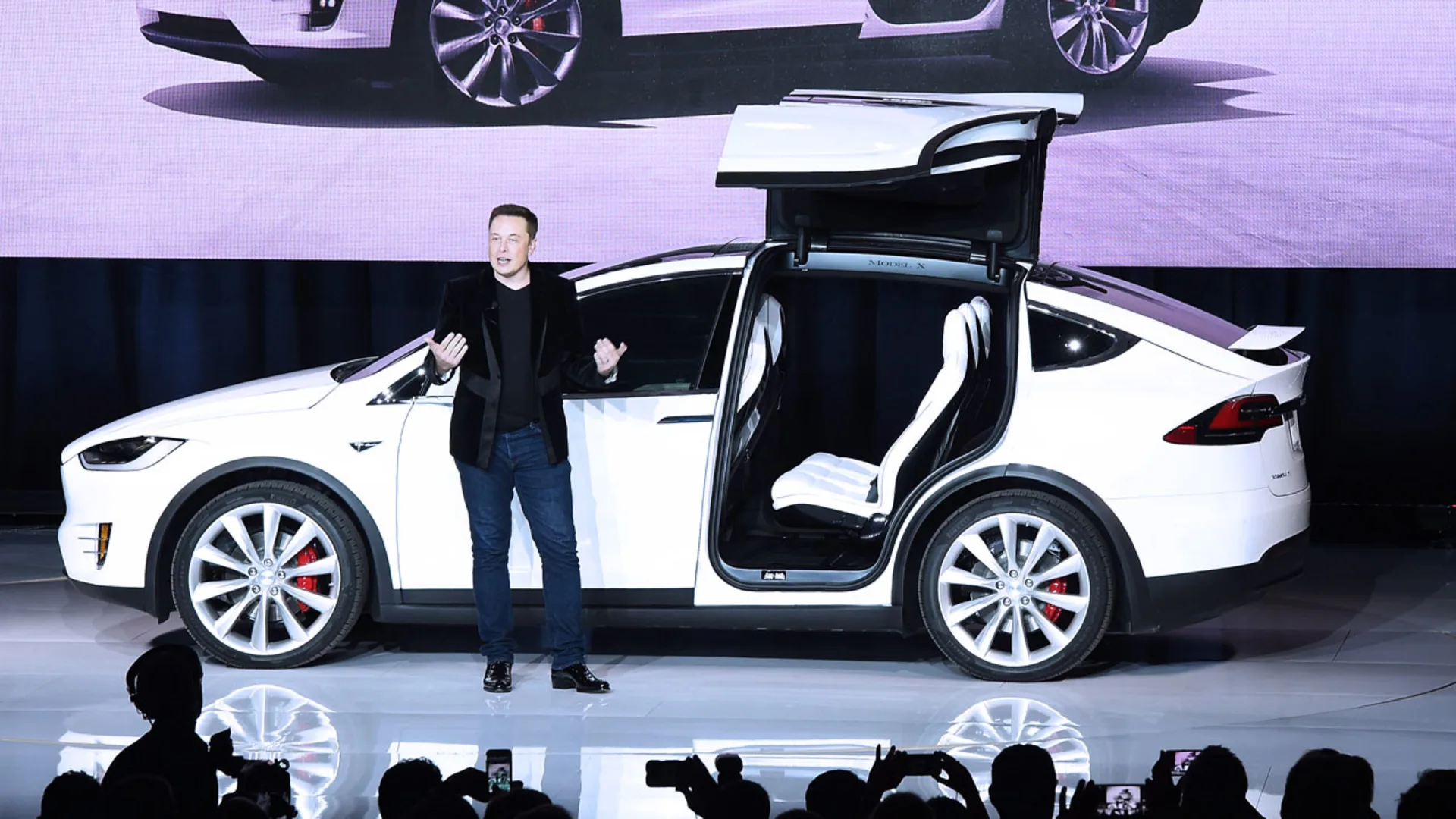
Elon Musk: ‘Tesla Cars Will Soon Be in Every Country’
Introduction: Elon Musk has made another bold prediction, one that could reshape the global automotive landscape. In a recent statement, Musk declared that Tesla cars will soon be available in every country around the world. This ambitious vision aligns with Musk’s broader goals of accelerating the world’s transition to sustainable energy and revolutionizing transportation. As Tesla continues to grow and expand, the company has already made significant strides in global markets, but Musk’s latest statement signifies an even greater push toward reaching consumers in every corner of the globe. In this article, we explore the implications of Musk’s vision for Tesla’s global expansion, the challenges the company may face, and how this move could impact the future of the automotive industry.
Tesla’s Global Expansion: A Success Story So Far Tesla’s rise to prominence in the automotive industry has been nothing short of extraordinary. What started as a small electric vehicle startup has now grown into one of the most influential car manufacturers in the world. The company’s success has been driven by its innovative electric vehicles, such as the Model 3, Model S, Model X, and Model Y, as well as its cutting-edge technology in battery development and autonomous driving features.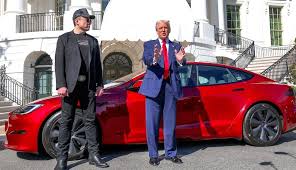
Tesla has already made its presence felt in many key global markets, including the United States, Europe, and China. The company’s vehicles have gained significant traction, with growing demand for electric cars driven by increasing environmental awareness and government incentives for clean energy vehicles. Tesla’s strong brand image, high-performance models, and commitment to sustainability have made it a favorite among consumers seeking eco-friendly alternatives to traditional gasoline-powered cars.
However, despite Tesla’s global success, the company is still not present in every country. Certain regions, particularly in Africa, parts of the Middle East, and some smaller emerging markets, have not yet seen Tesla vehicles on their roads. Musk’s statement suggests that the company is preparing for a more aggressive expansion strategy to bring its vehicles to these untapped markets and further solidify its position as a leader in the electric vehicle space.
The Challenges of Global Expansion While Musk’s vision of having Tesla cars in every country is undoubtedly exciting, achieving this goal will not be without its challenges. One of the most significant hurdles for Tesla is the need to adapt to local markets and regulatory environments. Each country has its own set of regulations when it comes to vehicle safety, emissions standards, and import tariffs, which could affect Tesla’s ability to enter certain markets without significant adjustments to its vehicles.
For instance, many countries have specific rules regarding the right-hand drive versions of cars, which would require Tesla to make modifications to its vehicles for markets like the United Kingdom, India, and Japan. Additionally, Tesla’s vehicles are often seen as premium products, and pricing may need to be adjusted in certain regions to appeal to a broader range of consumers. To remain competitive, Tesla may need to produce more affordable versions of its cars, possibly by adapting its manufacturing processes or introducing new models that are better suited for emerging markets.
Another challenge for Tesla’s global expansion is the need for a robust charging infrastructure. While Tesla has built an extensive network of Superchargers in many developed countries, other regions still lack the infrastructure needed to support electric vehicles on a large scale. For Tesla to truly become a global brand, the company must work with local governments and energy providers to expand its charging network and ensure that consumers have access to the necessary infrastructure to support electric vehicle ownership.
Sustainability and Environmental Impact: Musk’s vision for Tesla’s global presence is not just about growing the company—it’s also about making a larger impact on the environment. Tesla’s mission has always been to accelerate the world’s transition to sustainable energy, and by expanding its reach to every country, the company aims to reduce the global reliance on fossil fuels and promote clean energy alternatives.
With the rise of climate change awareness and the global push to reduce carbon emissions, Tesla’s electric vehicles are seen as a solution to the environmental challenges posed by traditional internal combustion engine vehicles. By offering affordable electric cars in every country, Tesla could play a pivotal role in reducing greenhouse gas emissions and promoting cleaner energy solutions worldwide. Moreover, Tesla’s efforts to integrate solar energy and energy storage solutions into its product lineup could complement the widespread adoption of electric vehicles and contribute to a more sustainable future for the planet.
The Future of the Automotive Industry: Musk’s prediction that Tesla cars will soon be in every country is a significant statement for the automotive industry as a whole. As Tesla continues to innovate and push the boundaries of electric vehicle technology, it is likely that other automakers will follow suit and accelerate their own efforts to develop electric cars. Traditional automakers like General Motors, Ford, and Volkswagen have already made significant strides in the electric vehicle market, and the competition will only intensify as Tesla expands its footprint globally.
In addition to the environmental benefits of electric vehicles, Tesla’s success could reshape the entire automotive industry by making sustainability a core focus of car manufacturing. As consumers demand more eco-friendly options, Tesla’s success in global markets could force automakers to rethink their production methods, prioritize renewable energy sources, and invest more heavily in electric vehicle research and development. This shift in the industry could help drive down the cost of electric vehicles, making them more accessible to a wider range of consumers.
The Road Ahead for Tesla: For Tesla to achieve its goal of having cars in every country, it will need to continue its focus on innovation, cost-efficiency, and global partnerships. Tesla’s ongoing work on expanding production capacity, including new Gigafactories in Europe and Asia, will be critical in meeting the demand for its vehicles in new markets. Additionally, the development of new models, such as the rumored affordable compact car, could help Tesla appeal to a broader audience, including consumers in emerging markets who may not yet be able to afford premium electric vehicles.
Musk’s vision for Tesla’s global expansion is ambitious, but with the company’s track record of overcoming challenges and disrupting industries, it’s clear that Tesla is determined to make this vision a reality. By continuing to innovate and adapt to local market conditions, Tesla could soon find itself as the leading global player in the electric vehicle market.
Conclusion: Elon Musk’s prediction that Tesla cars will soon be in every country is an exciting prospect for the future of transportation. As Tesla continues to expand its reach and improve its technology, the company is poised to become a global force in the automotive industry. With the focus on sustainability, affordability, and innovation, Tesla is not just changing the way we drive—it’s reshaping the entire automotive industry and making a significant impact on the environment. As Musk’s vision unfolds, it’s clear that Tesla’s influence will extend far beyond its current markets, making electric vehicles the norm rather than the exception in countries around the world.